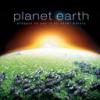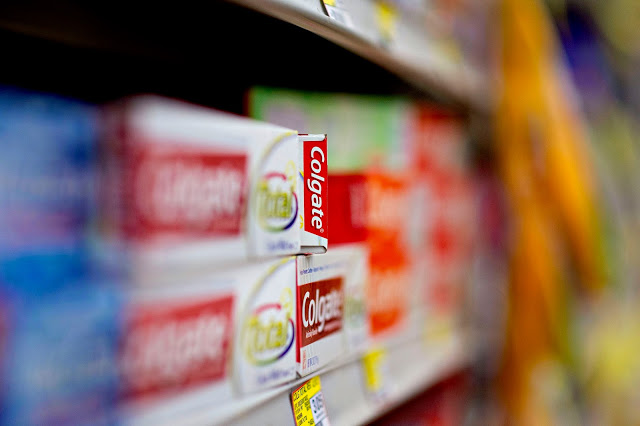| Online: | |
| Visits: | |
| Stories: |
Best-Selling Toothpaste Contains Hazardous Endocrine-Disrupting Chemical
by Dr. Mercola
Mercola.com
Some of the most obvious ones include soaps and antibacterial wipes, but you can also find it in cutting boards, toys, clothing, household furnishings, pet food dispensers, and much more.
Despite the pervasive use of this chemical, troubling questions linger about its potentially harmful effects, especially for children.
Research has shown that triclosan can alter hormone regulation and may interfere with fetal development.
Animal studies have also raised concerns about its ability to affect fertility, and bacteria exposed to triclosan may also become resistant to antibiotics. Even an increased cancer risk has been suggested.
In short, while you're disinfecting your body and your home to keep your family safe from potentially harmful bacteria, you may actually be causing far more harm than good in the long run.
Triclosan Removed from Soap, But Still Found in Best-Selling Toothpaste
Three years ago, Colgate-Palmolive responded to safety concerns brought forth by consumer groups by removing triclosan from its soap products. But the company left it in its best-selling toothpaste, Colgate Total. (Colgate Total is the only triclosan-containing toothpaste sold in the US.)
Read more »
Source: http://www.riseearth.com/2014/08/best-selling-toothpaste-contains.html





